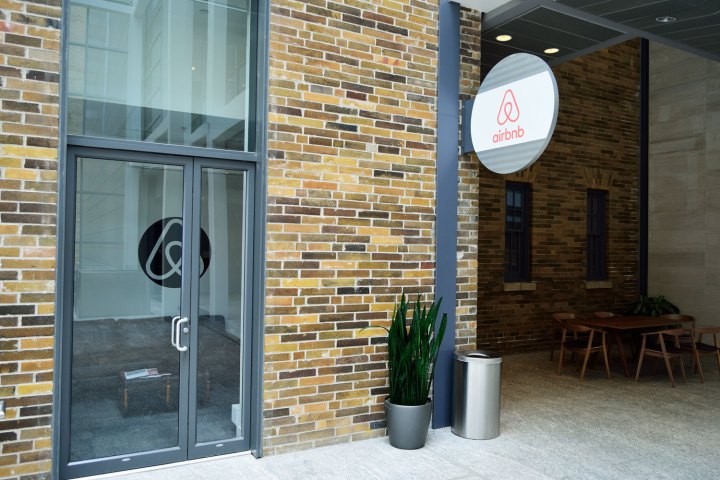
While part of Airbnb’s elimination of anonymity in terms of both the owner and the renter’s profiles is meant to facilitate trust and, naturally, protect property, the authors of the Harvard study noted that this “common market design choice results in an important unintended consequence: racial discrimination.” In conducting their research, the HBS professors created a series of fake profiles (identical except for their names), and sent a total of 6,400 rental inquiries across five cities. Noting that one set of names was “distinctively African-American and the other distinctively white,” (Meredith O’Brien as a white name and Rasheed Jackson as a black name), the researchers found that overall, “African-American guests received a positive response roughly 42 percent of the time, compared to roughly 50 percent for white guests.”
This eight-point difference was translated to a 16 percent penalty against African-Americans, and “is consistent with the racial gap found in contexts ranging from labor markets to online lending to classified ads to taxicabs,” researchers said.
Most interestingly, this discrimination remained consistent regardless of whether or not the host was black, white, male, or female. Further, the cost of the property, as well as whether or not the owner would share the property with the guest had no bearing on the rate at which blacks were turned down. “On the whole,” the team concluded, “our analysis suggests a need for caution: while information can facilitate transactions, it also facilitates discrimination.”
This is by no means the first time Airbnb data has been used to highlight racial inequities in the market and across communities at large. Research from earlier in 2015 suggested that Asian hosts earn considerably less than their white counterparts, seeming to maintain a proclivity to charge less than other groups. This, experts noted, may stem from a sort of internalization of discrimination against Asians in the United States. “Consumers come to expect paying Asian people less,” Ellen Wu, associate professor of Asian-American studies and history at Indiana University, told NPR. “We’ve come to expect cheaply priced products in places manufactured in places in China.”
This discrepancy becomes particularly noteworthy when we consider the availability of other platforms that are, by design, anonymous (and as a result, perhaps less discriminatory in the booking process). Companies like Expedia or Kayak do not require any personal information from the booker until the very end of the process. “Moreover, a customer who makes a reservation with a valid payment card can be assured of a room being available,” researchers note. “Hotels do not reject customers based on customer name or identity.”
In response to the study results, an Airbnb spokesperson said, “We are committed to making Airbnb one of the most open, trusted, diverse, transparent communities in the world.” Promising to work towards eliminating this noticeable gap, the spokesperson continued, “We recognize that bias and discrimination are significant challenges, and we welcome the opportunity to work with anyone that can help us reduce potential discrimination in the Airbnb community. We are in touch with the authors of this study and we look forward to a continuing dialogue with them.”


